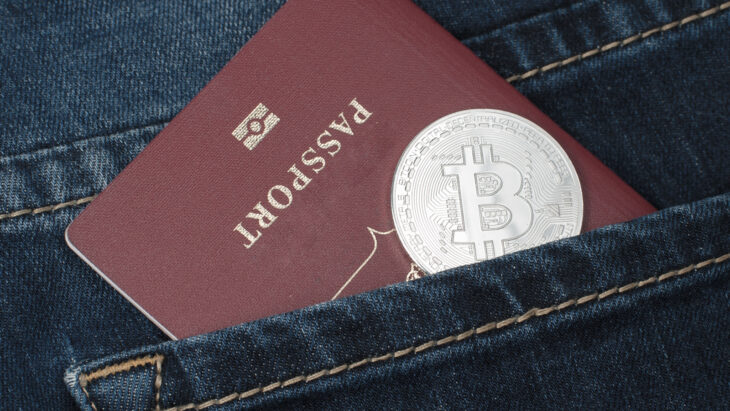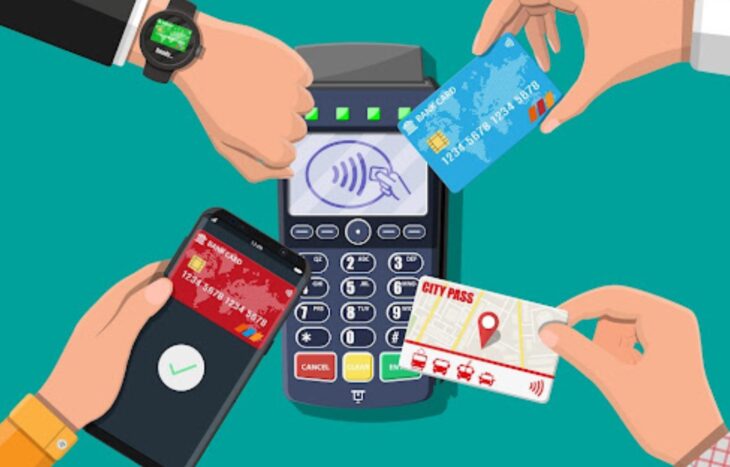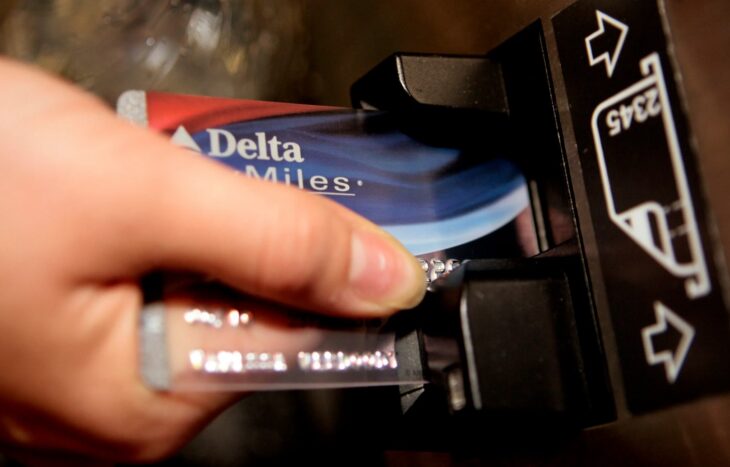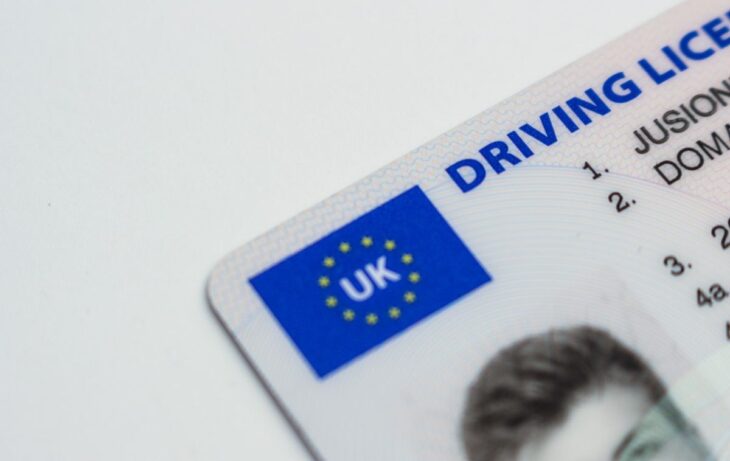The emergence of blockchain has caused a frenzy of interest over the last few years because of its potential to change data and information storage dramatically. This technology is being tested in the travel and hospitality sector because it promises to improve transaction transparency and security. Some innovations are fascinating, and in this post, you will learn about this fantastic technology and its possible applications in the travel industry.
Contents
What Is Blockchain Technology and How Does It Work?
Although blockchain technology may appear complex at first, it is actually quite simple to grasp. In the end, it’s a list of public records, sometimes known as a public ledger, that lists or stores transactions between parties. Cryptography is used to secure each record, referred to as a ‘block’ in blockchain parlance.
Data is decentralized, with information shared over a peer-to-peer network, which is one of the most important characteristics of blockchain technology. Each block includes transaction data as well as a timestamp. Blocks are likewise permanent, and they can’t be changed without the network’s permission or affecting all subsequent blocks.

Source: wearemarketing.com
Possible Uses Of Blockchain In the Travel Industry
The travel industry is capable of a technological overhaul powered by the blockchain. Given the qualities and capabilities of blockchain technology, several experts believe it could be helpful in the tourism business. Here are a few of the more intriguing applications of blockchain in the travel industry.
1. Payments

Source: outsourcingportal.eu
The primary benefit to emphasize is that bitcoin transactions will be far more secure and traceable when it comes to utilizing cryptocurrency in the payments regime. All blockchain transactions are permanently recorded in the chain and cannot be modified. Since it’s a decentralized system, there won’t be any middlemen to meddle or delay the payment process.
As a result, we wouldn’t need to exchange currency when traveling to another country, and we wouldn’t have to worry about the reliability or volatility of foreign exchange operations. That is why, when it comes to international transactions, using the blockchain to make payments can make a significant impact.
In some situations, a process may be delayed for more than a week or canceled entirely, causing issues when you wish to execute a payment using the traditional methods. Therefore, using cryptocurrency can spare you the hassle and inconvenience of an intermediary or financial authority.
You can use cryptocurrency for making payments. Therefore, start trading cryptocurrency at btcloopholepro.com/in and evolve with the blockchain landscape.
2. Decentralized Booking

Source: fr24news.com
Anyone who has booked a traveling package online knows that a small number of online travel agents dominate the market (OTAs). Although these intermediaries assist customers in finding the services they desire, end providers, such as hotels, dislike paying at least 15% in fees through these channels.
These centralized entities are superfluous in a decentralized booking economy, with service suppliers connecting directly to clients. Furthermore, in a decentralized marketplace, the transparency of prices and potential fees might create a better experience for customers.
Smart contracts could save time and money by acting as clever, automated middlemen for those who need them. These smart contracts would operate as an automated travel agent, utilizing data oracles to find various related services. Apart from this, they might put money in escrow and only release it if services are delivered appropriately.
3. Loyalty Programs

Source: usatoday.com
Whether for airlines, hotel stays, or anything else, loyalty programs already play a significant role within the travel sector. On the other hand, customers frequently encounter such programs to be overly restrictive and confined to a small number of rewards. Digital tokens offer a fantastic way to improve an incentive’s transparency, security, and exchangeability leading to a better consumer experience.
These programs might become what customers really want them to be by tokenizing incentive programs and changing them into a decentralized network of value. For starters, they may expose the various items and services from different vendors. Second, if points are tokenized into digital assets, awards might be readily transferred between schemes. Customers would be able to examine the relative value of programs and the benefits they provide as a result.
4. Identity Management Services

Source: itproportal.com
The ability to track the identification of travelers is critical for a variety of stakeholders in the sector, but none more so than those responsible for guaranteeing the safety of transportation and national borders. While the general public understands the need for identity checks, they regard them as the most time-consuming and mundane procedures in a journey.
Individual travelers could be traced throughout their route on a blockchain network, with different partners seamlessly validating that confirmed persons were traveling in the correct direction. From the perspective of the passenger, this will make the travel easier while also respecting their privacy. Zero-knowledge proofs would allow several service providers to verify passports and other documents without having to disclose sensitive information.
5. Baggage Tracking
Source: insur-space.com
Customers and airlines alike are concerned about lost luggage. The problem stems from many parties handling luggage while individuals travel from point A to point B. A decentralized and transparent network for luggage items could be enabled by blockchain. Instead of reconciling between isolated databases, several parties will be able to track the baggage simultaneously. Companies can also deploy smart contracts to identify and automate any culpability or reimbursement for misplaced baggage.
6. Purchase Travel Insurance

Source: tourmyindia.com
Because of the requirement for high-quality data and the capacity of smart contracts to automate decisions based on that data, blockchain technology is well suited to the insurance industry. Suppose there is a scenario where a claim against a travel insurance policy would be necessary, such as a lost bag or a delayed flight.
In that case, a smart contract leveraging data oracles within a decentralized network can do most of the grunt work. It can automatically detect whether the claim’s thresholds had been met and paid or whether the individual needs to pay up to claim the insured amount.

Source: forbes.com
Conclusion
According to GeekyAnts, in reality, understanding blockchain technology is not as complex as it may appear at first. Nonetheless, learning about it might be intimidating or confusing, particularly for those unfamiliar with digital technology, encryption, cryptocurrency, or peer-to-peer networking. However, given its enormous potential and ability to alter the tourism industry, it is critical to learn more about it.
